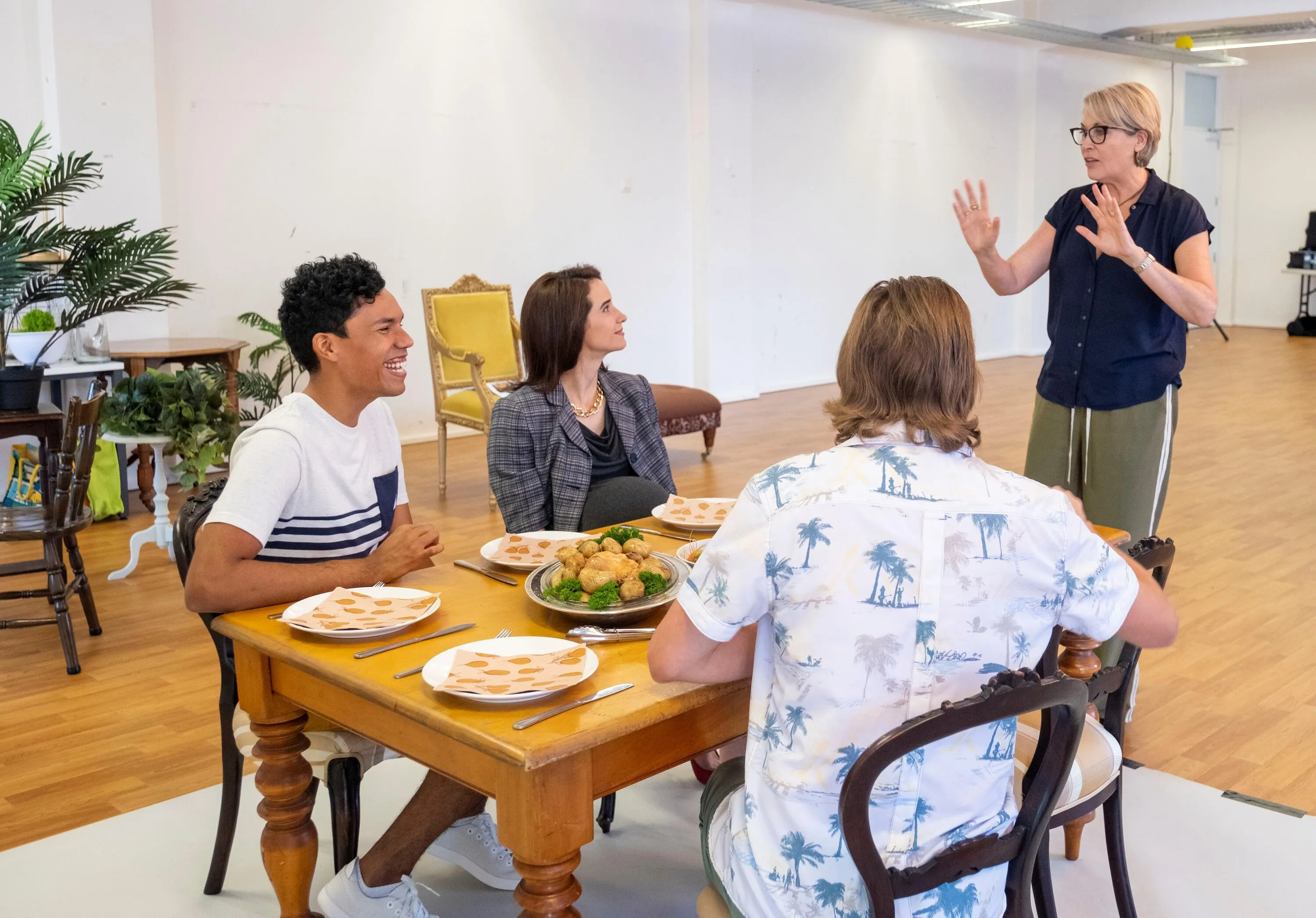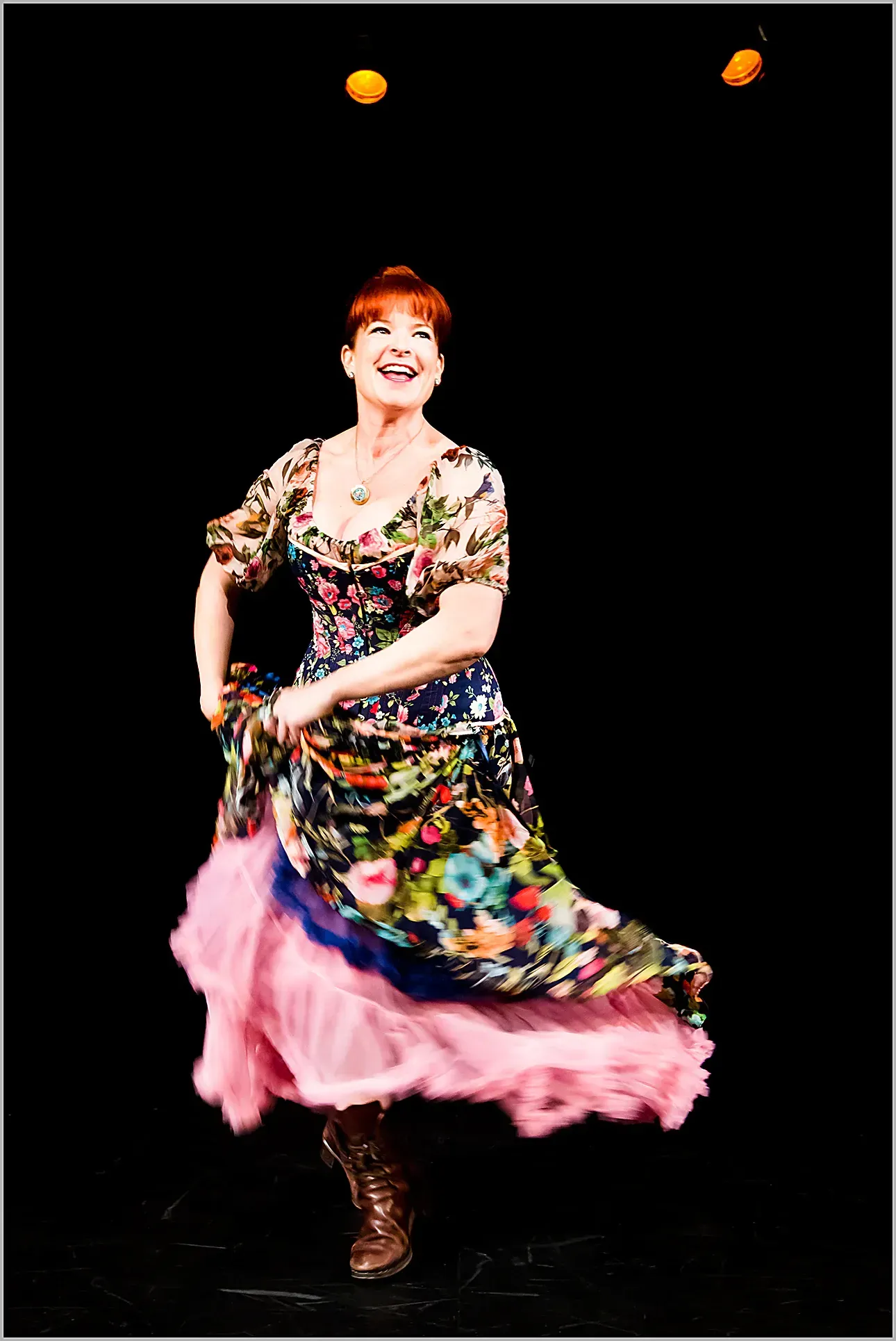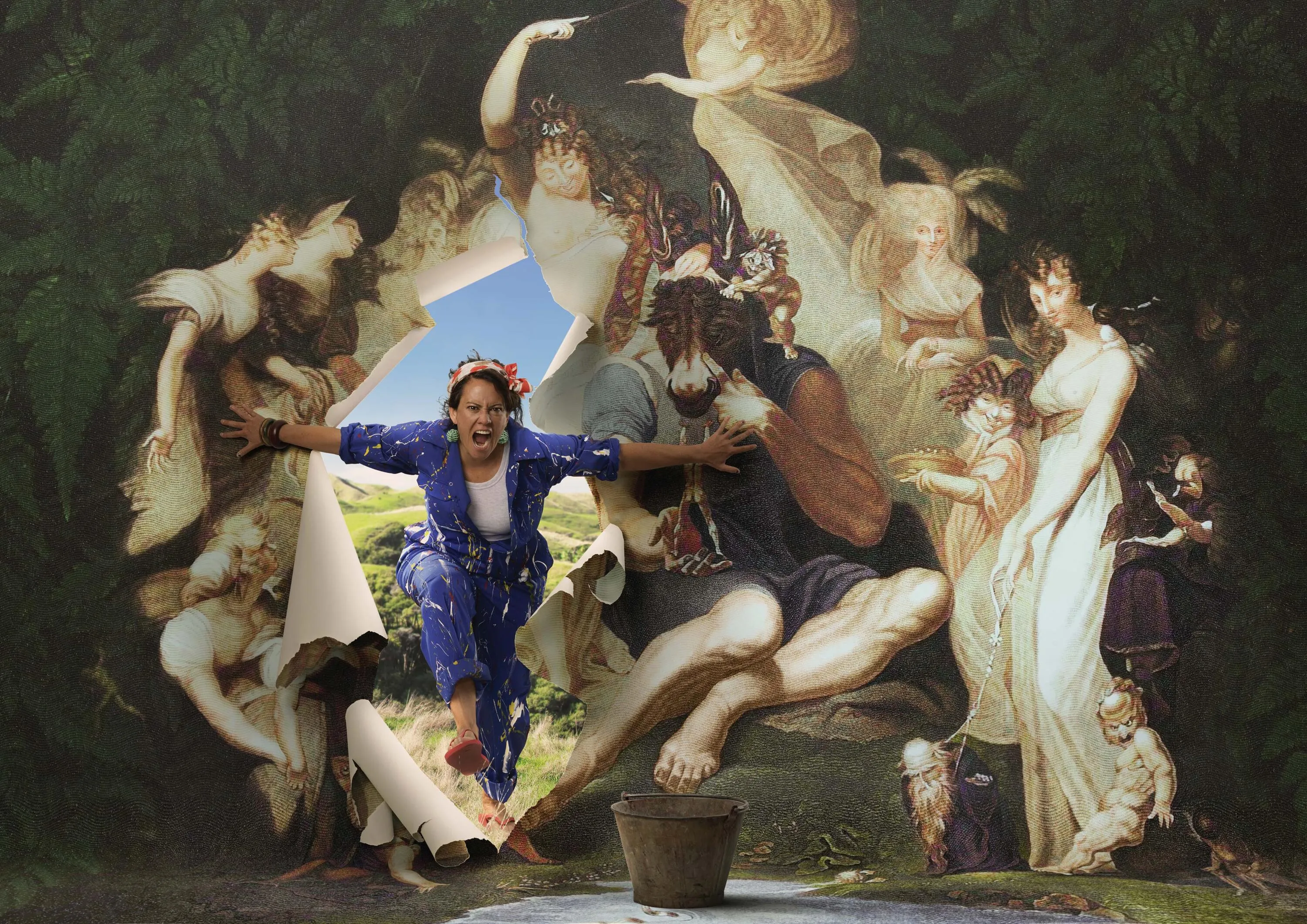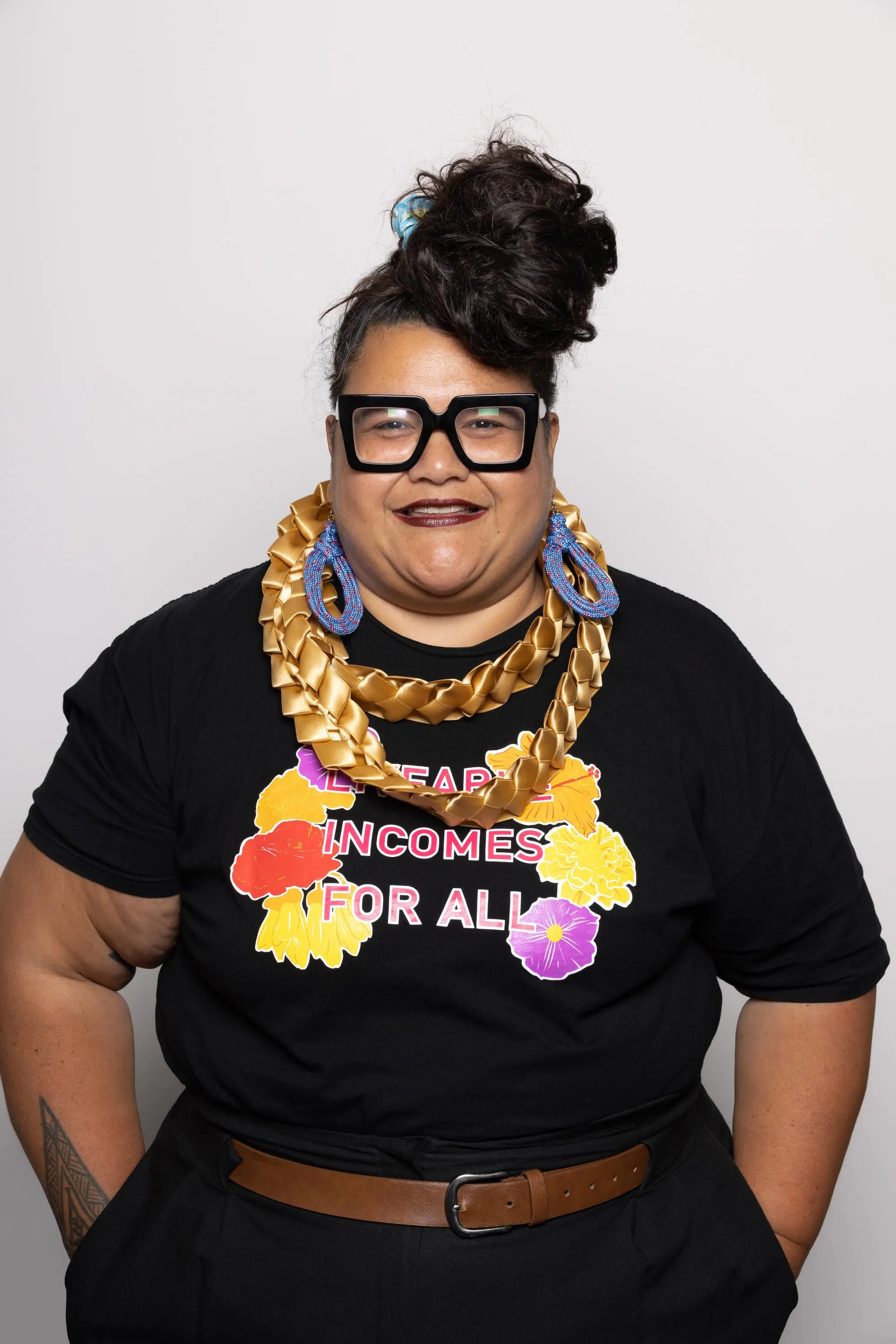Government Support "A Bloody Relief - But Will It Be Enough?"
Written by
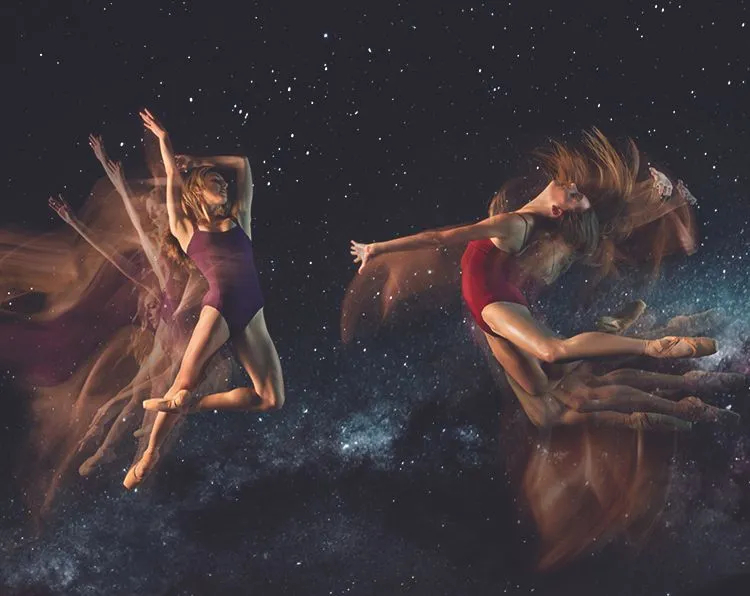
‘A wonderful result.’
‘An unexpected surprise.’
‘This is a game changer.’
‘Artists are finally being listened to.’
'That's a swift response from the Minister.'
‘It’s too late for me.’
‘I can’t process this right now, I’m exhausted.’
‘What even is MCH?’
These are all sentences we at The Big Idea have heard in the past 48 hours.
The creative community’s reaction to the Government’s $121 million Omicron support package for arts and culture has been as wide and varied as the community itself.
It’s also a response that shows that there is a mountain of work to be done to ensure the money makes the difference it’s designed to do.
If you haven’t read into it yet - do this first (the link to our breakdown of the announcement is here). It’s important not just for the context of this Lowdown, but to make sure you have a clear understanding of the current lay of the land.
On the surface, it’s caused all the right headlines. TV bulletins, radio discussions, online media buzz, information sharing from creative and artistic agencies, groups and collectives. While the mainstream media can be scorned and scoffed at by some, there’s no doubt it brings an acknowledgement that matters to the sector.
The Lowdown has spoken to many who make their living in the creative industries in the past few days, and almost everyone was thrilled that they - or those they represent and work with - are being supported. Having a figure that far eclipses what Manatū Taonga MInistry for Culture and Heritage (MCH) had to work with when Delta laid siege to the creative community should certainly be celebrated.
But for some, they can’t hold a mask to their emotions any more.
Creatives who normally are happy to speak their mind - and relish a chance to do so - aren’t in the headspace to feel anything about what is a significant announcement to what they love.
There’s an emotional exhaustion and a worrying level of fatigue that’s making it hard for them to react or even have the mental energy to process the information.
It’s understandable after two years of having your livelihood bounce around like someone learning to use a yo-yo - a few glimmers of excitement as you see things bounce up momentarily, but more often than not, it’s felt more like a freefall.
Some of the feedback is a concern. There are many unanswered questions and a noticeable level of confusion.
In fairness to MCH, they have put the information out there as soon as they’re able to and in circumstances like the Emergency Relief Fund, have stated that the full details will be ironed out and updated in the coming days. What you see on their website right now is not the final article.
But among those who didn’t want to go on the record - and even with some who have - not knowing the answers has made this a difficult topic to get their head around.
Highly respected performer, director and arts advocate Jennifer Ward-Lealand is in the middle of getting Auckland Theatre Company’s Grand Horizons prepared to hit the stage in a matter of days. Between rehearsals and lighting plots, she told The Lowdown that she is “very pleased - I think it will be a great help.”

Jennifer Ward-Lealand (right) with the cast of Grand Horizons. Photo: Grant Triplow.
With both the boost to the Arts and Culture Event Support Scheme and the Cultural Sector Emergency Relief Fund, Ward-Lealand states “I think the Government has been responsive. They’ve said you can’t just give (financial support) to the big companies, it’s the smaller ones that will be in strife without this.
“For example, 20 shows have just gone at Q Theatre, the majority of those will be very small casts - maybe 1-2 people, that’s a lot of art that’s not going to make it in front of audiences.”
The former New Zealander of the Year feels that the sector has done more to make its voice heard, referring to last year’s Independent Artists survey and the more recent petition to support workers impacted by Red Light as “well-timed.”
Sam Snedden was one of the creatives who drove the survey, along with Johanna Cosgrove and Alice Canton. It helped get them a seat at the table with MCH.
He told The Lowdown “When we met with them (MCH), we definitely felt heard.”
Snedden continues “that survey was a powerful tool to ensure the independent sector wasn’t forgotten.” Brushing aside any credit, he says “I don’t think this is down to us, we’re just part of a huge amount of people doing a lot of really excellent behind the scenes advocacy.”
On the plans to make applying for these funds an easier process (one of the main outcomes of the survey), Snedden enthuses “this is a really good first step. It’s an acknowledgement of a very particular set of difficult circumstances for not only the people that work in the arts but all the other industries and individuals who support them.”
That includes the technicians Entertainment Technology NZ President Vicki Cooksley represents. She told The Lowdown “It will start to provide a level of reassurance that there is awareness of the impacts with this latest move on the industry.
“I’m sure we will still find gaps but hopefully we can keep plugging those gaps as we move forward in ongoing conversations with MCH. We need to continue to work out what these gaps are to assist people, companies, & venues to stay viable and to retain our skilled workforce.”
There’s no doubt that financial literacy and confidence in using application platforms is part of a much wider kaupapa for the sector. Too many creatives have missed out on support through frustration in the process or a lack of knowledge of certain funds.
Snedden agrees “certainly, we feel the next job we’ve got is to make as many people as possible aware of this and know how to apply.”
That’s something performer, producer, writer (and wearer of just about any other creative hat you can find) Penny Ashton is also eager to see change.
She explains to The Lowdown that she found the previous, pre-Traffic Light setting support of the wage subsidy and the resurgence payments worked well and that “it made a huge difference to my sense of security.”
While the new Event Support Scheme has the potential to make life easier for so many productions, Ashton points out “where it falls down for all the contractors is being reliant on producers being switched on and motivated to apply themselves. I have some other gigs coming up and I am not sure this will be done, which bugs the hell out of me.”
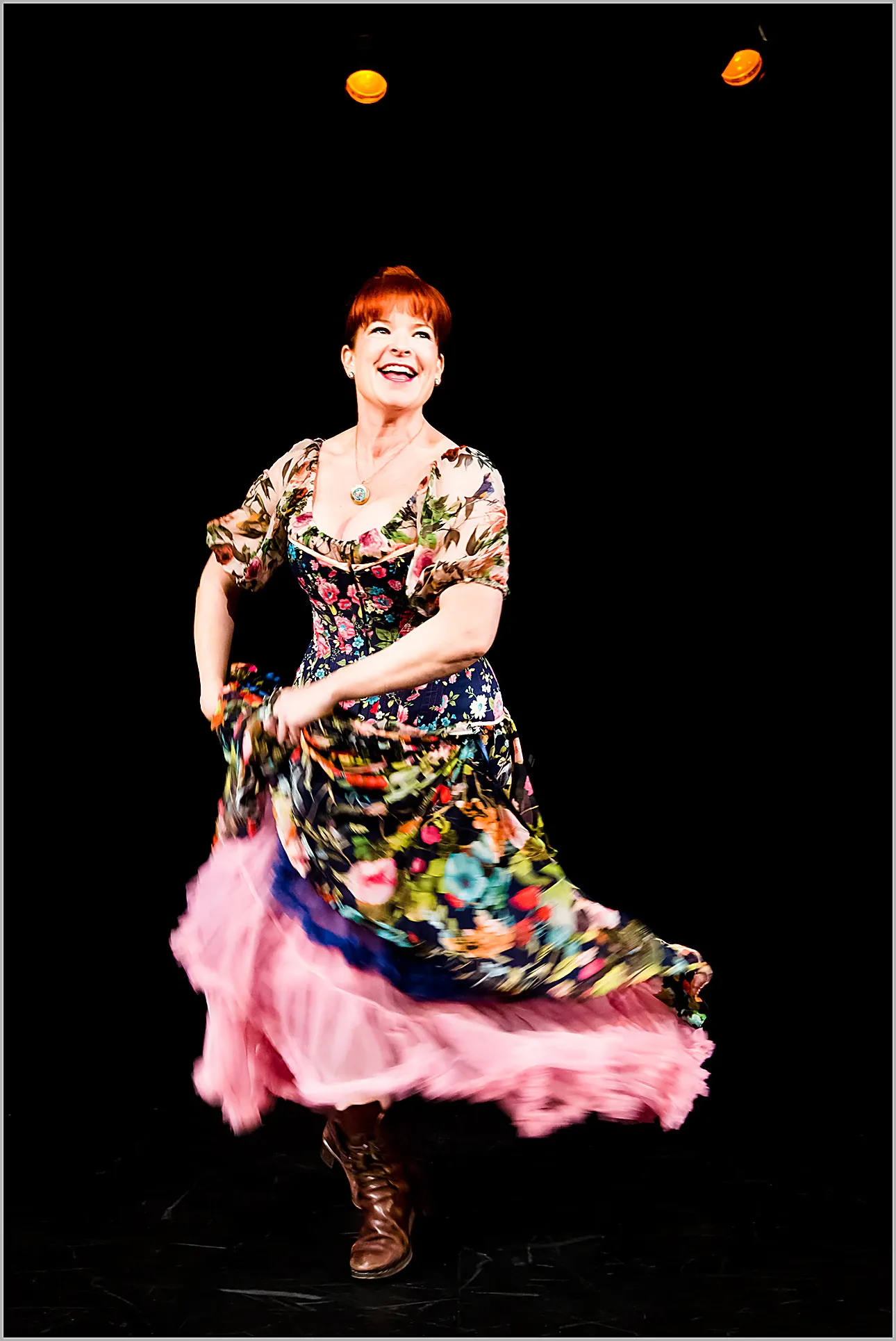
Penny Ashton in Olive Copperbottom: A Dickensian Tale of Love, Gin and the Pox. Photo: Philip Merry.
It’s a fair concern. The Event Support Scheme only works if producers/directors/organisers sign up to it in advance. As it stands, it only covers eligible events that have been registered before the scheduled start date - but it can support events that have already cancelled in advance. Basically, you can’t have a show that’s supposed to start on Tuesday, cancel it, then apply on Wednesday - it requires a degree of proactivity.
The announcement that the Event Support Scheme’s cut-off point of the start of April 2022 has been pushed right back through until the end of January means that if you have already organised something for this year - it makes sense to apply.
Ashton muses “extending it out to 2023 is a bloody relief, but will it be enough?”
Ward-Lealand adds “the other thing we at Equity (the union for NZ performers) are pleased with is that the Events Support Scheme specifically says productions accessing the fund have to pass on the fees to the artists.”
The promise of looking after “the little guys” rather than just the large organisations swimming in this funding pool seems to have hit the right mark. The one off $5000 payment is one that many contractors and self-employed creatives should be looking in to.
Ashton says “I think the Ministry is learning just how much the arts pumps into the economy, and there’s no doubting that in this Red Light setting, it utterly hampers so many of us. I honestly think a continuing wage subsidy is a much more equitable way forward.
“Having said all that, I look overseas and thank the goddess we have a Government who gives a shit at all. I just want to get back to making people laugh and right now it feels perilous.”
It still hurts
While there may be more safety nets - it doesn’t take the sting out of watching creatives have their hearts broken or emotions frayed on an all too regular basis.
In the matter of hours on Thurday afternoon, four of the juggernauts of our performing arts industry were dropping interwoven disappointment bombs.
While the reaction from some in the creative community may be that these organisations are in a better position to deal with cancellations than most - the anguish for those who have poured their time, energy and passion into preparing work for performance is as real and as palpable as any smaller scale production.
The domino effect shows just how tightly connected the sector is. Auckland Theatre Company’s Lysander’s Aunty (below) was due to be part of both the Aotearoa New Zealand Festival of the Arts in Wellington and the Auckland Arts Festival (AAF)- but the scale of the production has meant it’s not viable under the predicted Traffic Light settings.
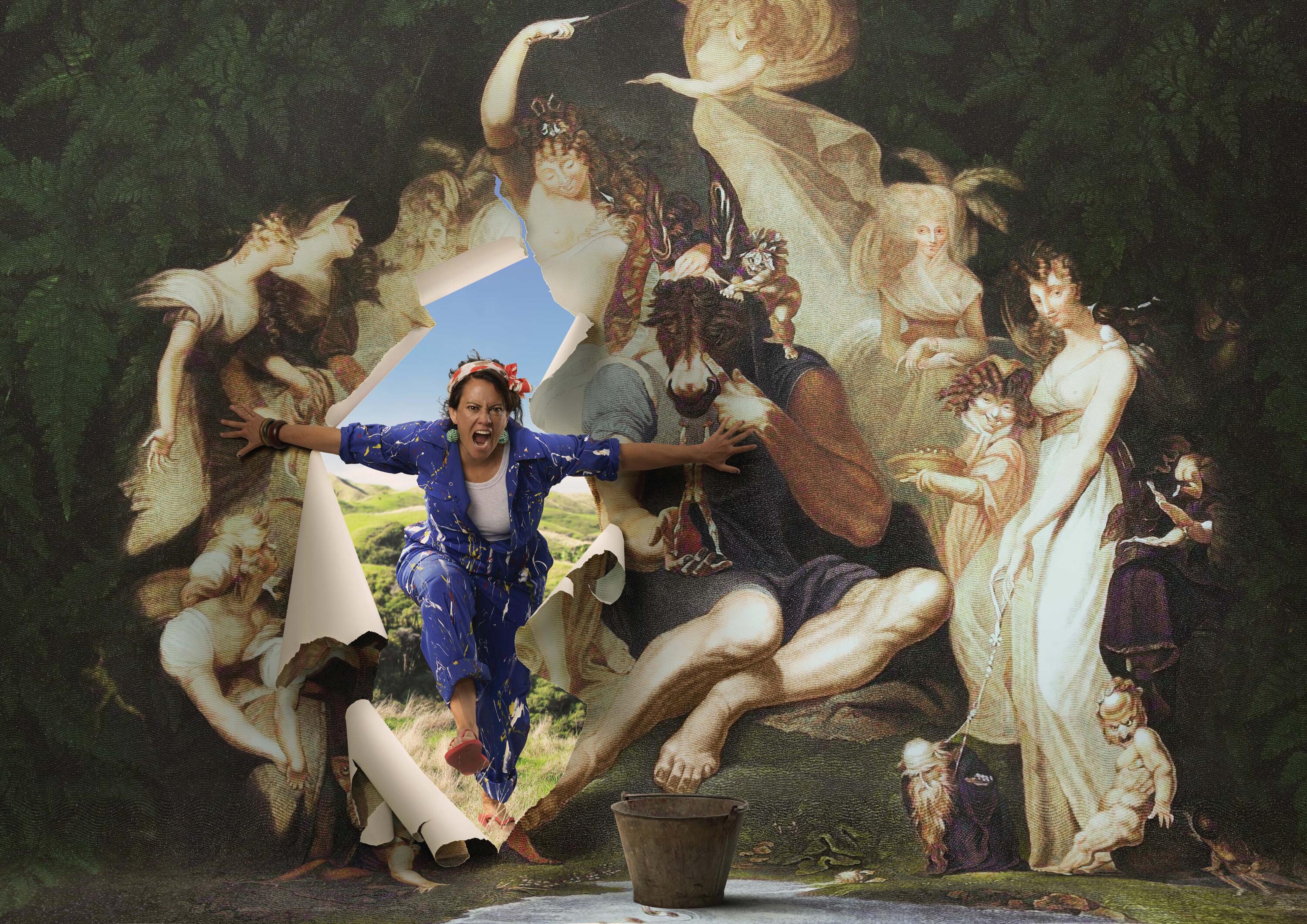
It’s one of a handful of shows that have been cancelled for AAF in a precautionary measure as they look ahead to its March run (details here), with updates on the remainder of the programme expected in the coming days and weeks.
The NZ Festival has had some devastating decisions to make - announcing 64 shows, panels and performances have been scrapped due to the likelihood of Red Light being long lasting - looking through the list on their website makes your heart sink.
Some well-loved names in the creative community have been affected, with the likes of Jo Randerson, Briar Grace-Smith, Patrica Grace, Tusiata Avia, Airini Beautrais and Tom Scott among those given the bad news.
Best-selling author Steff Green is among them - she was due to be part of a discussion about the power of self-publishing.
Green told The Lowdown “"I'm so sad. After two years of disruptions and cancellations, I was looking forward to catching up with fellow writers and industry professionals and being part of such an inclusive and exciting event.
“It's not just losing the chance to share the stage with some incredible NZ writers, but to engage with the festival as a guest and soak up our incredible local talent.
“The festival team worked so hard to put together an amazing programme, and I don't envy their decision. They made the right call but damn, it's gutting to see another wonderful arts event bite the dust because of this sodding pandemic.
“I am lucky in that I support myself through my arts practice without events, but many others around me are feeling the pinch of lost opportunities, not to mention the communities that engage with festivals and performances.
“There's no question that Red disproportionately impacts the arts community, and while the festival is working hard to support their artists financially and in other ways, the collective impact of losing these events is taking a toll on our communities, our stories, our mental health, and our ability to create sustainable careers in the arts.”
And you have to feel for the cast and crew of Royal New Zealand Ballet’s Venus Rising. It’s been postponed for the fourth time since its originally planned debut in 2020. It was due to be part of both the festivals mentioned above, as well as a trip to Christchurch. The new plan is to premiere for November.
RNZB Artistic Director Patricia Barker says “this is the most beautiful trio of ballets which we adore and are incredibly proud of. Despite so many setbacks already we are relentless in our desire to deliver it to audiences.”
Red light doesn't always mean stop
Among the cancellation chaos, it’s important to be able to celebrate the wins too.
Many are able to find ways to go forward, including the New Zealand Fringe Festival, starting in Wellington on 18 February.
They’ve managed to reduce capacity in their 34 venues to fit the 100 person max Red Light guidelines and are going ahead with their programme - although relieved to hear about the support being provided by MCH.
Director Vanessa Stacey told The Lowdown it’s taken a lot of time to make it work. ”The NZ Fringe team and I have been preparing for this for months, so now it's happened, couldn't be prouder of the team. We're simply digging in to make sure we can still deliver the festival as seamlessly and as safely as possible to support our artists and community.
“The majority of the sacrifices fall upon our amazing artists’ income. With most of their audiences now cut in half...We were stoked that our ticketing had doubled compared to previous years, so we hope this support continues throughout the season.
“The thought of not showing the mahi they have spent time crafting is even more devastating, given how badly artists and events have really suffered over the last two years. Yet if this time has taught us anything, it's that the arts are intrinsically weaved into the fibre of who we all are. It's what we all have leaned on during this time, as a means of entertainment and escapism.
The Festival has also set up a Ticket Plus option, a donation feature that allows audiences to support the artists directly with an additional $5 to $10 alongside their ticket purchase, which Stacey says it’s being supported well so far.
Strong statement
The other key part of the Government’s Omincron support package this week is a further $15 million for the Screen Production Recovery Fund, which has been running since the initial Arts and Culture COVID response back in 2020.
The New Zealand Film Commission has been allocated $7.9 million of this funding - with the other $7.1 million going to New Zealand on Air - which means the fund is now able to run through to the end of 2022.
NZFC Chief Executive David Strong told The Lowdown it’s great to see the policymakers at MCH have listened.
“It is a major nod to filmmakers that the Government supports them and from a morale perspective right now - given the challenges in the sector - that’s huge.
“Financially, with the risk to productions being closed down, having that backup is a big guarantee to the sector and international financiers that they can continue to back the film projections in New Zealand.
“A lot of films are funded with New Zealand and international funding. Having that Government statement means international financiers and therefore local producers can feel confident that should they fall into challenging circumstance, they’ll be supported.”
Strong reiterates that this is support for domestic film makers and “New Zealanders who are making New Zealand films.”
But he adds that “we are showing to the world that New Zealand is open for business, that you can come here and you can shoot your film.
"Right now, New Zealand remains a strong contender for international productions. There are a number of very big and moderately sized TV series and films - particularly out of L.A. - that wish to come to New Zealand this year and make their films.”
New role
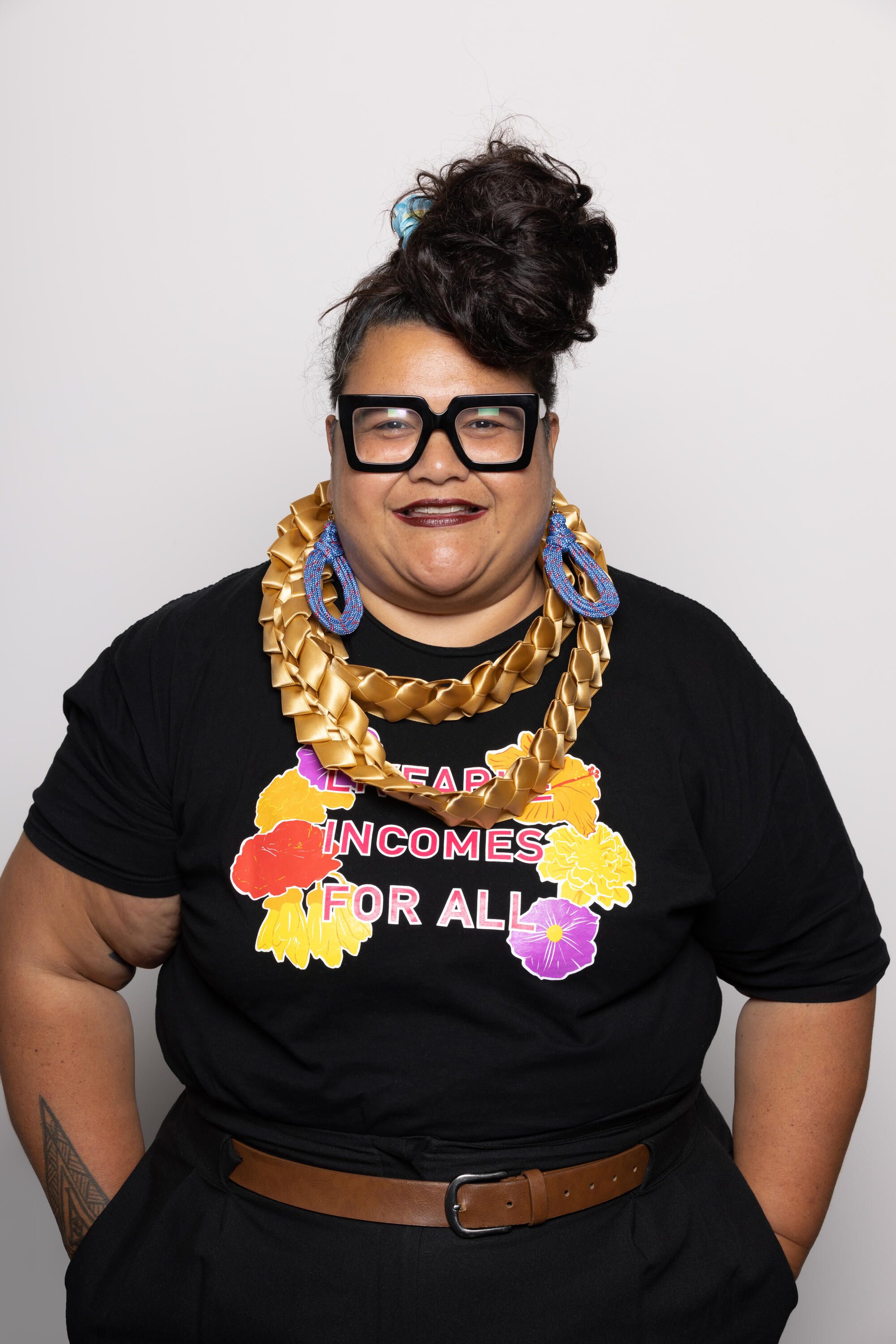
Jess Palalagi. Photo: Arts Foundation.
Pandemics don’t have to stop growth - and the Arts Foundation’s made a move with its first General Manager appointment.
Jess Palalagi is both from an artistic background - having a Masters in Art History, curating experience and being one of the founders of In*ter*is*land Collective, described as ‘ a misfit collection of tagata Moana aunties, activists and artists based both in London and Aotearoa’ - and a leadership one, with an impressive CV including as sustainability lead at Marks & Spencer and as Co-Chair of the Black, Asian and Minority Ethnic (BAME) network while in the UK.
Palalagi told The Lowdown she was drawn to the opportunity to held shape the direction of the organisation.
She sees the biggest challenges facing the industry right now are “the uncertainty and inability to plan for what, how and when our creative community can present, perform to and engage with an audience - and of course, the constant challenge of artists being undervalued and remunerated (properly) for their continuous creativity.
“Our mission is to connect our community of radically generous givers to some of New Zealand’s most outstanding artists.”
High praise for Noonan
She’s prolific, award-winning and now Diana Noonan is the owner of the premier prize for New Zealand’s Children and Young Adults authors.
She’s been named at the 2022 Storylines Margaret Mahy Medal winner for her outstanding service to young readers - with over 100 book titles to her name since her debut novel The Silent People in 1990. Noonan’s accolades list is almost as long.
“Diana’s extraordinary track record and success in publishing a wide range of books and genres, and as an editor, make her a deserving winner of this prestigious award,” says Storylines Trust chair Christine Young.
“Add in her support for the Christchurch earthquake recovery effort with her beautifully written and well-timed Quaky Cat, her tireless work to engage young people with books through school visits, and her numerous guest speaker appearances, and there is little question that Storylines is delighted to honour her with this award.”
Noonan joins the likes of Joy Cowley, Maurice Gee, David Hill in winning the medal, which she’ll receive on 3 April.
